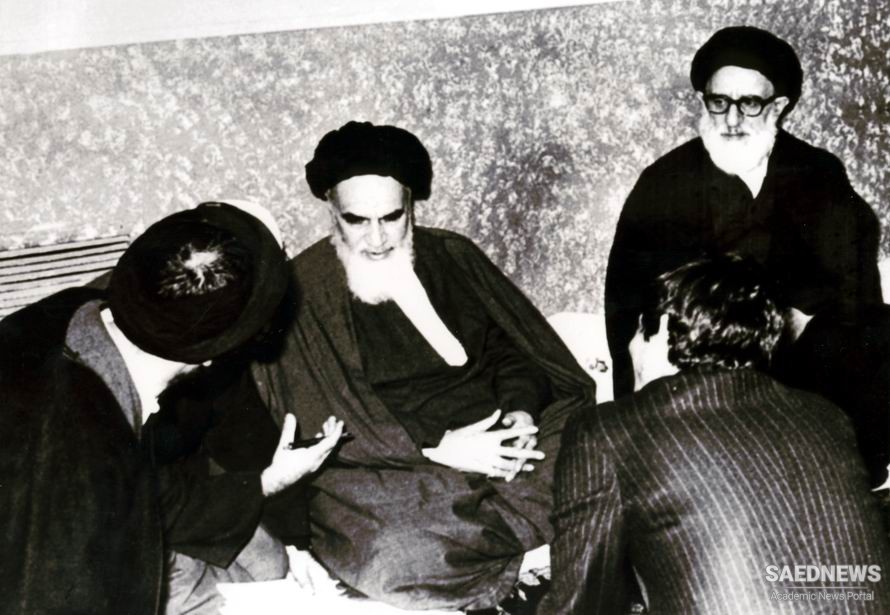Sayyid Mahmud Taleqani (19101979) was born to a devout religious family. His father, Abolhasan Taleqani, was a prominent cleric who had received a scholastic education in Najaf, where he had studied with, among others, Mirza Hasan Shirazi, the distinguished jurist of the late nineteenth century who was instrumental in the famous Tobacco Revolt of 1891-92. Abolhasan Taleqani, Sayyid Mahmud's father, returned from Iraq in 1899 and began his teaching career in Tehran. Although he, like many other clerics who were also considered descendants of the Prophet (a Sayyid), could have made his living through obligatory religious contributions, he chose to pursue a trade. He practiced the useful and precise profession of a watchmaker until his death in 1931. His watchmaking shop also served as a meeting place for political activities A friendship that presaged that of the younger Taleqani and Mehdi Bazargan developed between the elder Taleqani and Bazargan's father. They, along with a number of other like-minded clerics and laymen, would meet regularly to discuss various religious issues that faced their nation. Their circle became particularly active in propagating a religious consciousness that they thought was in increasing danger. They published a journal, Balagh, in which they sought to respond to the gripping questions of the rising generation of politically active Muslims. Abolhasan Taleqani supported Sayyid Hasan Modarres (1870-1938), one of the most distinguished clerical opponents of Reza Shah. A prominent cleric of the constitutional and early Pahlavi periods, Modarres had studied in Isfahan and Najaf. On his return to Iran he had been reelected a number of times as a member of the Parliament. In his supporters' eyes, he was a politically active cleric who successfully combined the commanding concerns of an active political life with religious fervor and conviction.
The elder Taleqani actively participated in the political movements of the 1910s and 1920s, a period of rapid change, when Reza Khan engineered a coup, toppled the Qajar dynasty, and gradually managed to crown himself king. His political activities caused much concern and fear for his family.
As the young Taleqani reminisced later: My father was a prominent clerical activist. Every morning that he left the house, we the children and our poor mother feared and trembled until his return. I spent my childhood years with these fearful, horrifying, tumultuous, and aggravating scenes. These early childhood memories haunted Taleqani in the most vigorous and robust years of his political activities. The indignities and anxieties of an unjustly injured selffather and soncontinued to animate his prolonged and persistent political activities. The feeble figure of his frightened father, harmed more by the humiliations of political defeat than the actualities of daily hardship, was perhaps the most gripping memory of injustice and indignity the son so ardently devoted his life to oppose.
Reza Shah, by all accounts, was a frightful sight. The dwarfing of Taleqani'sor Al-e Ahmad'sfather at the sight of Reza Shah "the Great" would later rise to haunt Reza Shah's son, looking in terror at the growing sons of his father's enemies.


 Harem of Imam Khomeini the Founder of Islamic Republic of Iran
Harem of Imam Khomeini the Founder of Islamic Republic of Iran














































